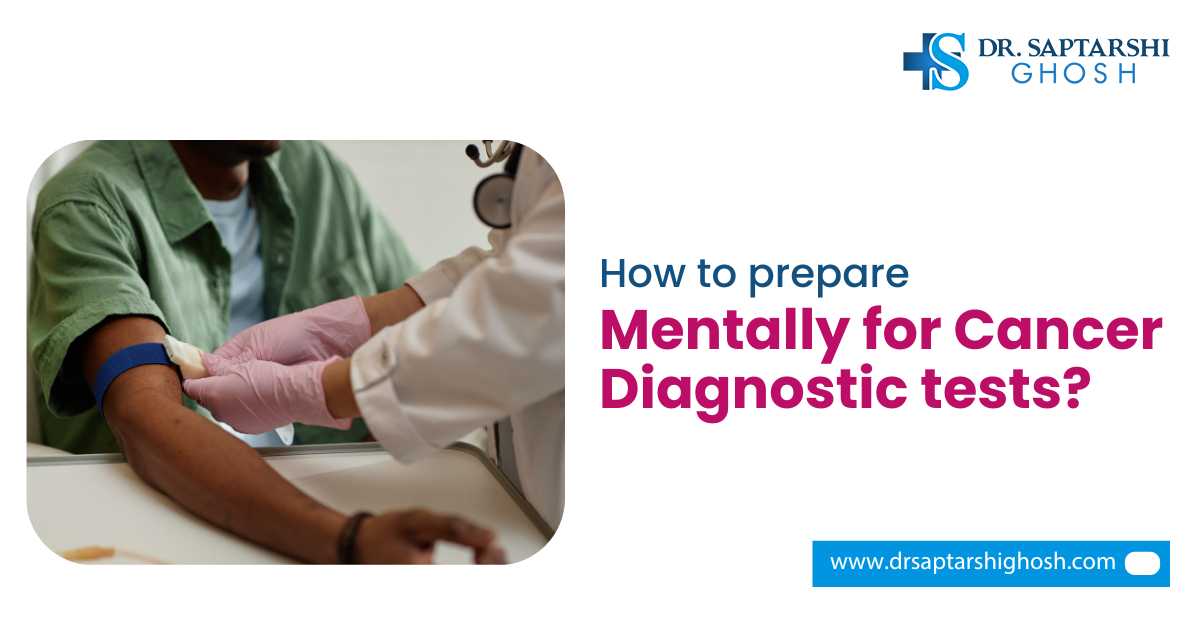Breast cancer is now a common concern, more commonly in women. Even while survival rates have promisingly increased due to medical improvements, the process of being diagnosed, receiving treatment, and then moving further may be emotionally and physically exhausting for many.
Palliative care, which aims to improve the overall quality of life for patients and their families, becomes a vital aspect of this journey. For supportive treatment, including palliative care in Siliguri, consult the leading oncologist in town, Dr. Saptarshi Ghosh. Treatments for breast cancer patients, whether palliative care, must be provided with a personalized approach.
What Does Palliative Care Mean?
Relieving cancer symptoms and enhancing quality of life are the goals of palliative care. Supportive care is another name for palliative care, which can be given both within and outside of the hospital. This provides patients, whether suffering from breast cancer, with comfort, support, and relief. Such treatments may include medications or may be medication-free.
Why Early Integration Is So Important
Patient outcomes may improve if palliative care is incorporated early during therapy or when needed. According to studies, early palliative care engagement improves quality of life, lowers depression, and in certain situations, even lengthens survival. Patients can sustain improved physical and mental health during their therapy by taking proactive measures to manage their symptoms.
Overview of Breast Cancer and Its Overall Effect & Palliative Care
When breast cells change and develop into malignant (cancerous) cells that proliferate and create tumours, it is known as breast cancer. Medical professionals may use surgery to remove tumours or chemotherapy to kill malignant cells to treat breast cancer. For advanced breast cancer, cancer specialists may choose systemic therapy over surgery.
The psychological and spiritual health of the patient and their loved ones may be impacted by cancer and its treatment. The patient and their family experience physical, psychological, social, and economic challenges as a result of breast cancer and its treatment.
The patient may have had side symptoms such as pain, nausea, vomiting, exhaustion, shortness of breath, muscle weakness, weight loss, constipation, hair loss, and skin issues as a result of surgery, chemotherapy, and/or radiation therapy. In the early stages of breast cancer, pain is not a typical symptom; however, as the illness progresses, the involvement of muscles and ribs may cause pain.
Pain involves discomfort from the treatment itself or psychological pain. In cancer-related pain management, palliative care plays a crucial role. Palliative care provides support to patients and their families:
- Controlling the symptoms, such as discomfort or illness.
- Addressing your psychological, spiritual, and emotional health requirements.
- Considering your practical requirements, such as future planning.
- Giving you and your family a network of support.
Thus, palliative care is a specialty area of medicine that focuses on reducing the stress, suffering, and symptoms associated with a serious illness like breast cancer.
Pain, fatigue, appetite changes, mood changes, nausea, hair loss, and mental anguish are just a few of the symptoms that can result from breast cancer and its therapies. You might consult the top oncologist for effective palliative care in Siliguri City.
To successfully treat and manage these symptoms, palliative care teams collaborate. Patients here receive comprehensive care that is customized to meet their specific requirements thanks to this multidisciplinary approach. Get in touch with one of the top palliative care doctors in Siliguri for optimal recovery and long-term health.






